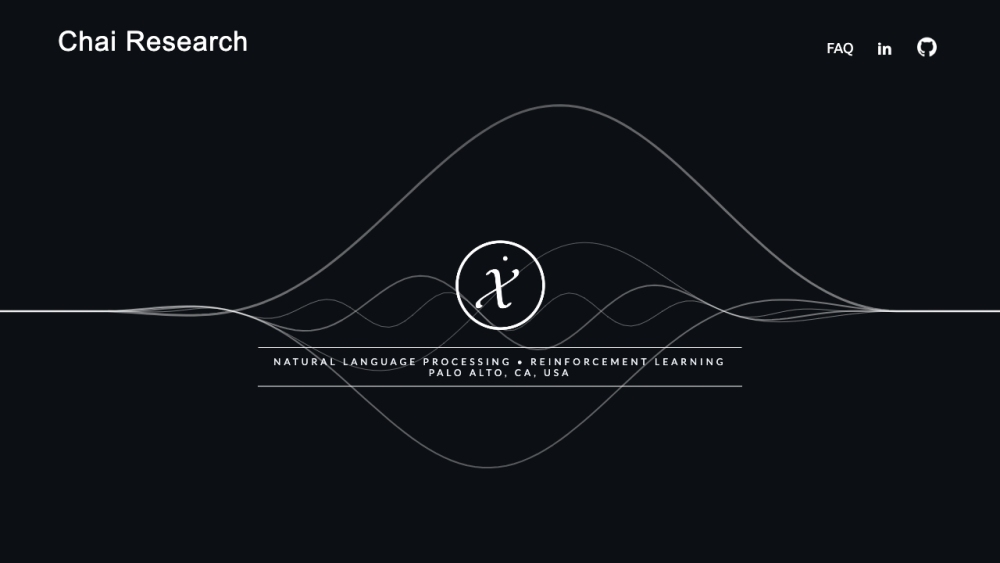Nobel Prize in Economics Announced Today: Can AI Achieve Another Victory? Who Are the Top Contenders?
Most people like

Height is a powerful project management tool designed to enhance team collaboration and streamline organization. With its user-friendly features, Height empowers teams to work together efficiently, ensuring everyone stays on track and projects are completed seamlessly.

Elevate Your Personal Brand on LinkedIn: Strategies for Growth and Success
Harness the power of LinkedIn to effectively build and expand your personal brand. In today's competitive professional landscape, establishing a strong online presence is essential for seizing opportunities and connecting with industry leaders. Whether you're seeking new career prospects or looking to enhance your credibility, this guide offers actionable strategies to help you stand out and thrive on LinkedIn.

Discover, create, and share innovative chatbots with Chai AI, the leading chatbot application. Engage with an expanding community where exploration meets creativity in the world of AI-driven conversations.

Discover All AI Sex Chatbots in One Convenient Location!
Explore a comprehensive collection of AI-driven sex chatbots, bringing together the most innovative and engaging experiences available. Whether you're seeking companionship, advice, or entertainment, our curated selection ensures you find the right chatbot to meet your desires.
Find AI tools in YBX

